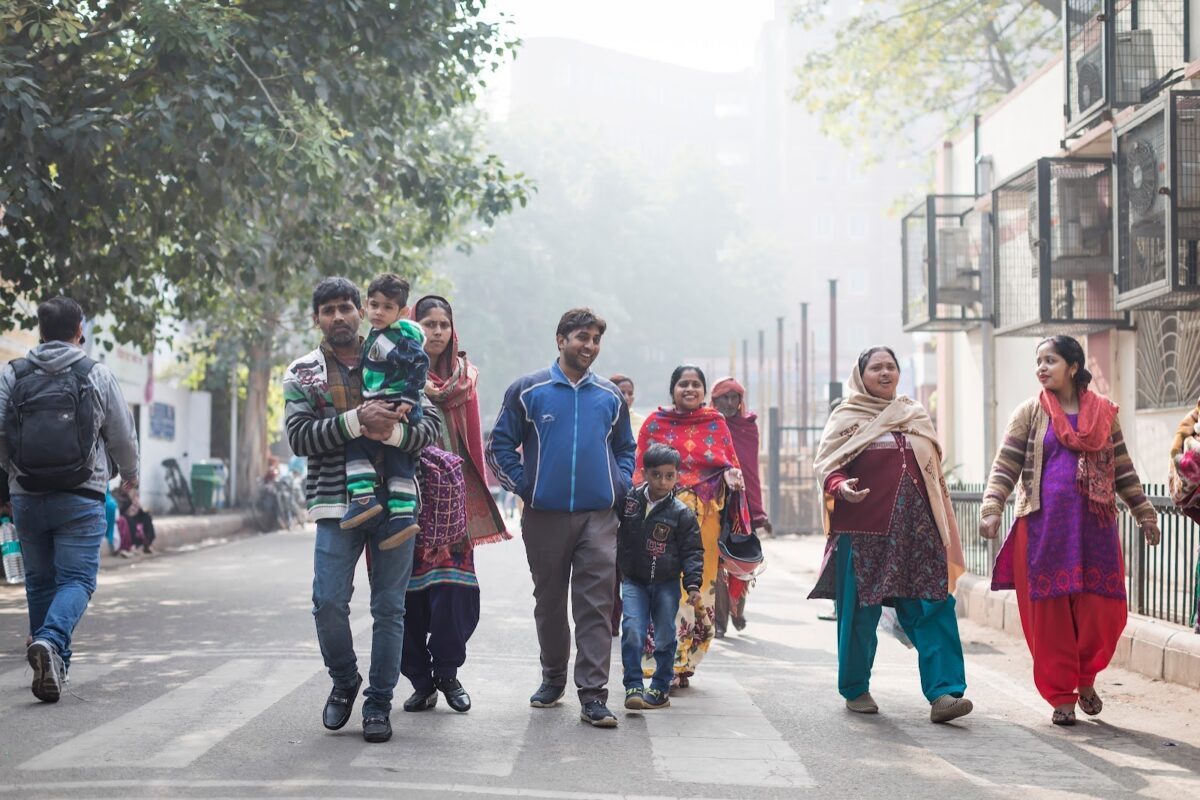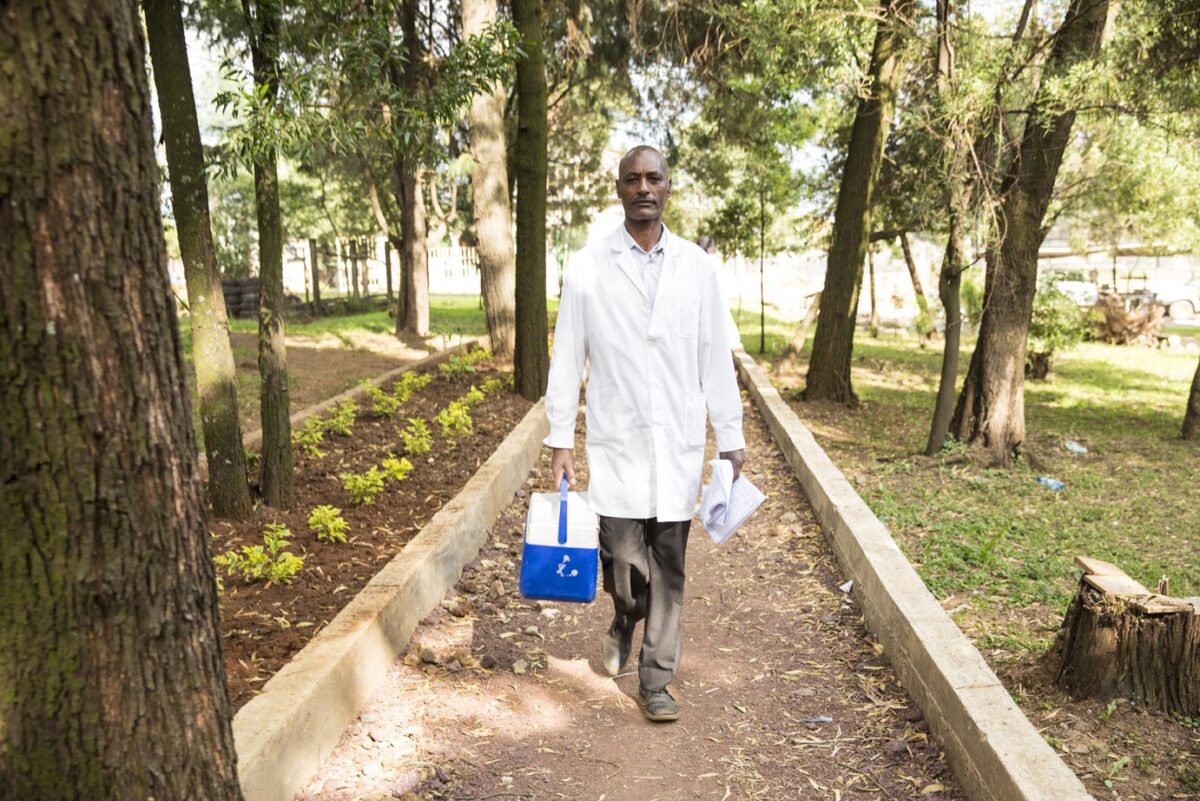This training report outlines a project to improve COVID-19 diagnostic data systems in Ecuador by the Clinton Health Access Initiative (CHAI) project and FIND.
The project was geared to improve diagnostic data systems by training programme staff and other COVID-19 data users involved in data management in health facilities.
The COVID-19 Information Systems Strengthening workshop was held in venues across nine zones in Ecuador, spread across several provinces and in various cities.
In all the workshops, the attendees agreed that there was a need for decentralization in the
processing and visualization of information.
With the view that national staff are better trained than the zone or district staff, participants also suggested the Ecuador Ministry of Health develop a training plan for technical personnel in the regions to update their knowledge.


